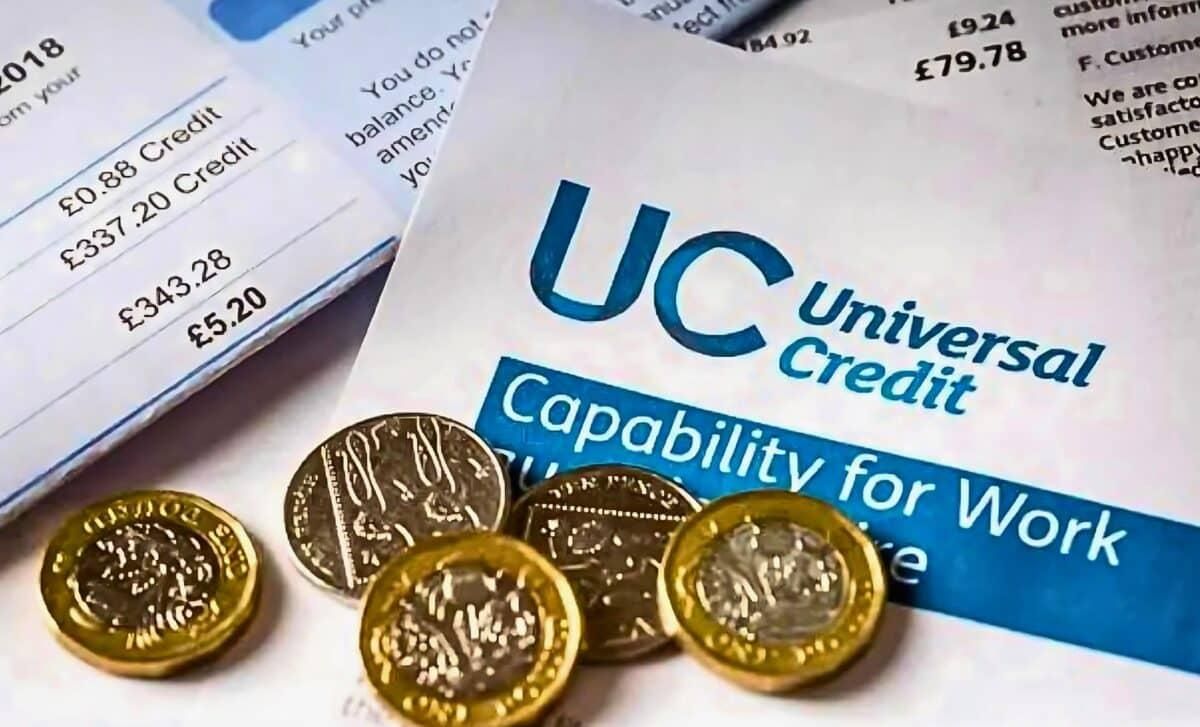As the Department for Work and Pensions (DWP) modifies rates in accordance with September's Consumer Price Index, millions of people who receive Universal Credit and Jobseeker's Allowance are expected to notice an increase in their payments.
Benefit levels will, however, increase by 1.7% as a result of this change, which will go into effect the first working week of April 2025. However, some contend that the most recent inflation rate of 2.2% ought to have been applied instead.
Understanding Universal Credit and Jobseeker's Allowance
Universal Credit provides financial support to individuals who are unemployed, earning low wages, or unable to work due to health conditions. In contrast, Jobseeker's Allowance (JSA) is specifically for those actively searching for employment. Currently, Universal Credit supports over seven million people, while around 96,000 individuals receive JSA.
The means-tested, income-based JSA is being phased out, with its 20,000 recipients receiving Migration Notice letters in September, instructing them to switch to Universal Credit. However, contribution-based JSA, now known as New Style JSA, remains unchanged and is determined by a claimant's National Insurance contributions.
Upcoming Payment Rates
Below are the new payment rates for Universal Credit and Jobseeker's Allowance, effective from April 7, 2025. Universal Credit is disbursed monthly, while JSA is typically paid every two weeks.
Universal Credit Payment Rates 2025/2026
Standard Allowance
- Single under 25: £316.98 (up from £311.68).
- Single 25 or over: £400.14 (up from £393.45).
- Couple, both under 25: £497.55 (up from £489.23).
- Couple, one or both 25 or over: £628.10 (up from £617.60).
Child Amounts
- First child (born before April 6, 2017): £339.00 (up from £333.33).
- First child (born on or after April 6, 2017) / second and subsequent children (where applicable): £292.81 (up from £287.92).
Disabled Child Additions
- Lower rate addition: £158.76 (up from £156.11).
- Higher rate addition: £495.87 (up from £487.58).
Incapacity Payments
- Limited Capability for Work (LCW): £158.76 (up from £156.11).
- Limited Capability for Work and Work-Related Activity (LCWRA): £423.27 (up from £416.19).
- Carer Element: £201.68 (up from £198.31)
Childcare Costs
- Maximum for one child: £1,031.88 (up from £1,014.63).
- Maximum for two or more children: £1,768.94 (up from £1,739.37)
Jobseeker's Allowance Payment Rates 2025/2026
Jobseeker's Allowance rates are presented weekly, though payments are typically issued biweekly.
Contribution-Based JSA - Personal Rates
- Under 25: £72.90 (up from £71.70).
- 25 or over: £92.05 (up from £90.50)
Income-Based JSA - Personal Allowances
- Under 25: £72.90 (up from £71.70).
- 25 or over: £92.05 (up from £90.50).
Lone Parent and Couple Allowances
- Both under 18: £72.90 (up from £71.70).
- Both 18 or over: £144.65 (up from £142.25).
- Dependent children: £84.66 (up from £83.24).
Premiums
- Family or lone parent: £19.48 (up from £19.15).
- Pensioner (single): £135.05 (up from £127.65).
- Disability (single): £43.20 (up from £42.50).
Future Employment Initiatives
The DWP's new "Get Britain Working" plan aims to enhance employment opportunities and reduce economic inactivity. This initiative includes transforming jobcentres into a national careers service and offering comprehensive education, training, or employment access to all individuals aged 18 to 21 through a new Youth Guarantee.








.svg)
